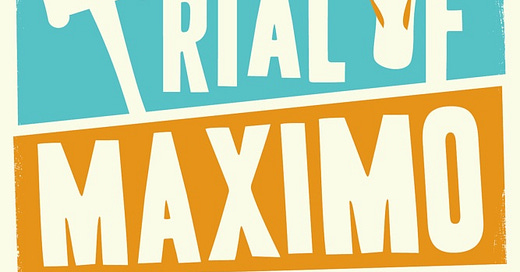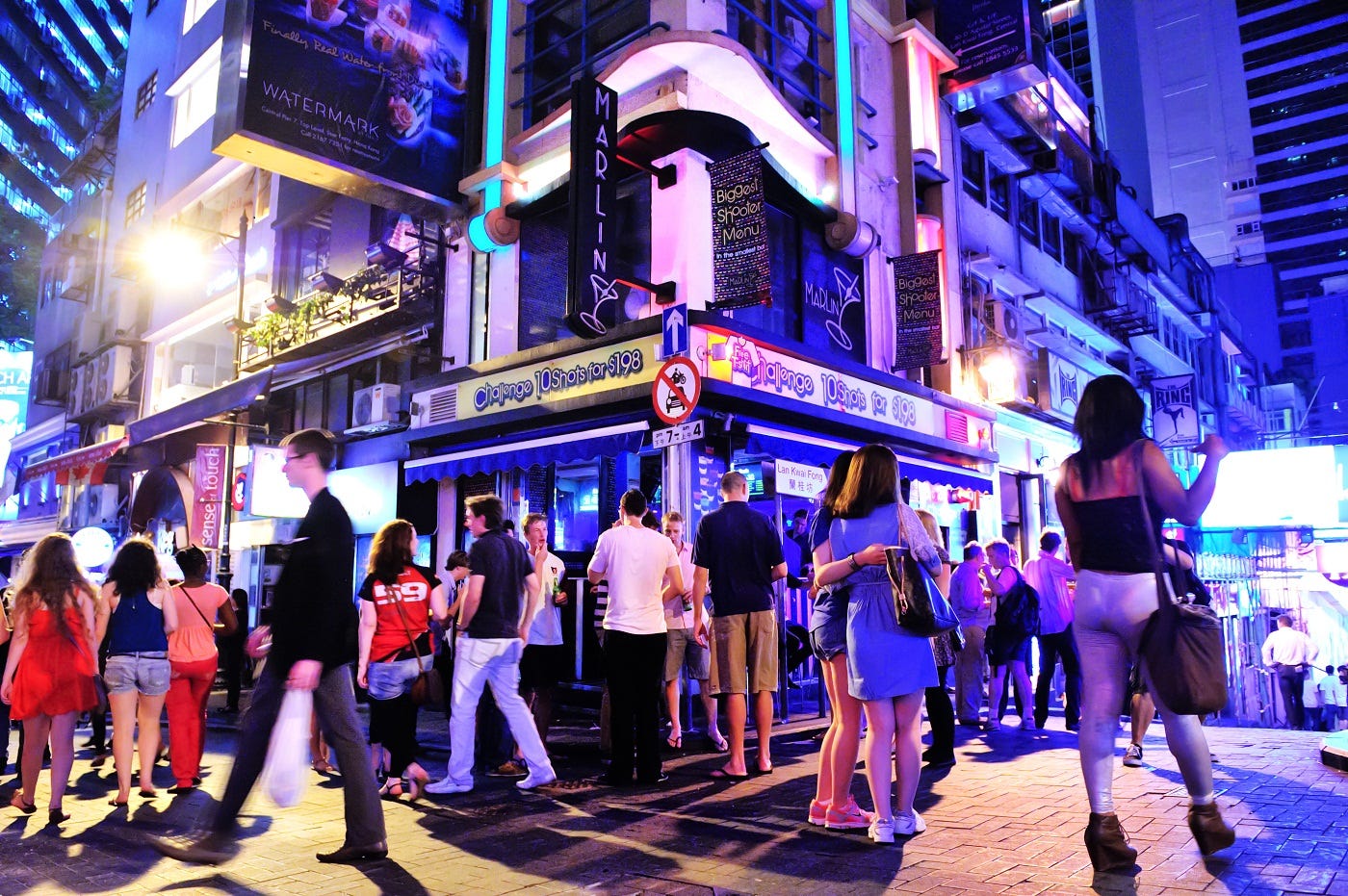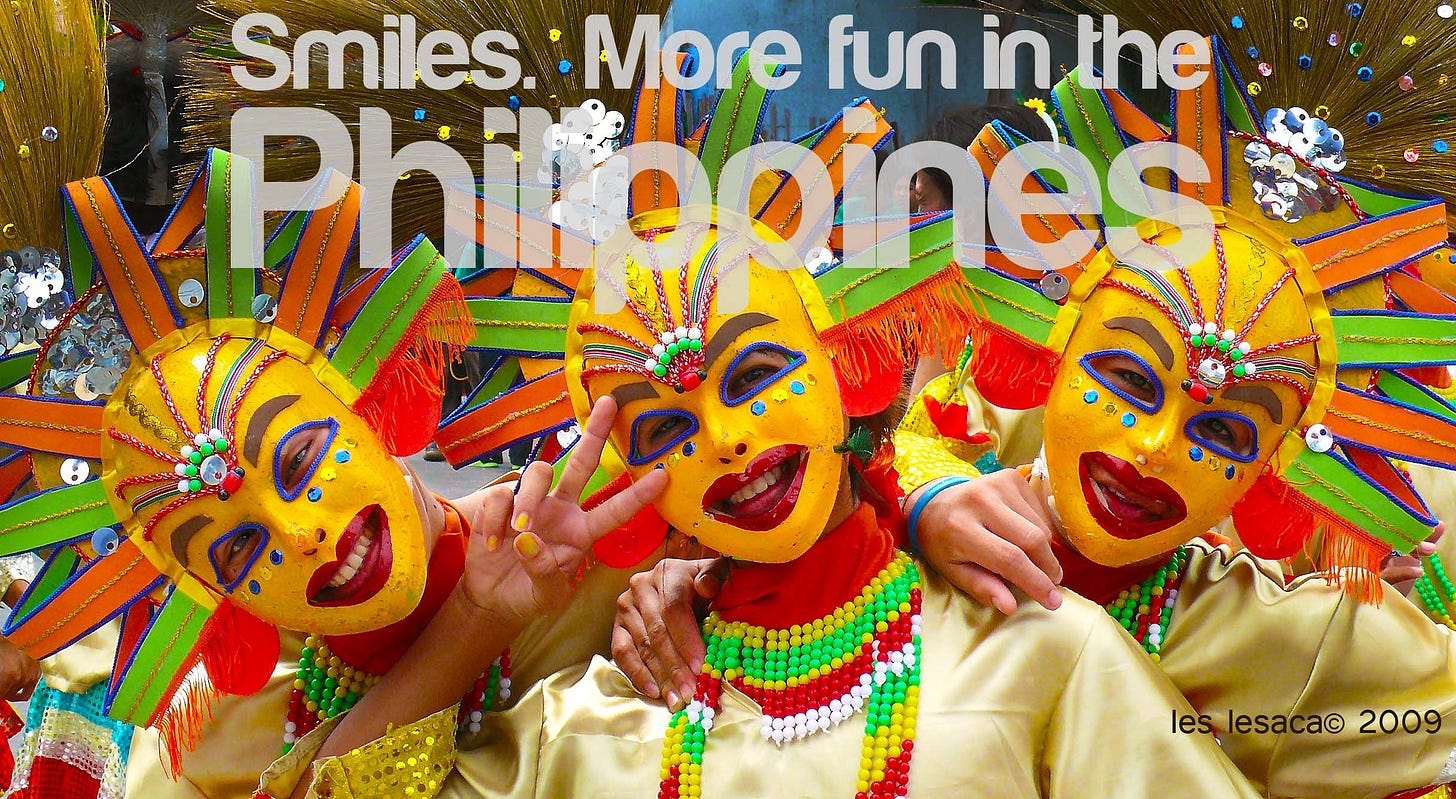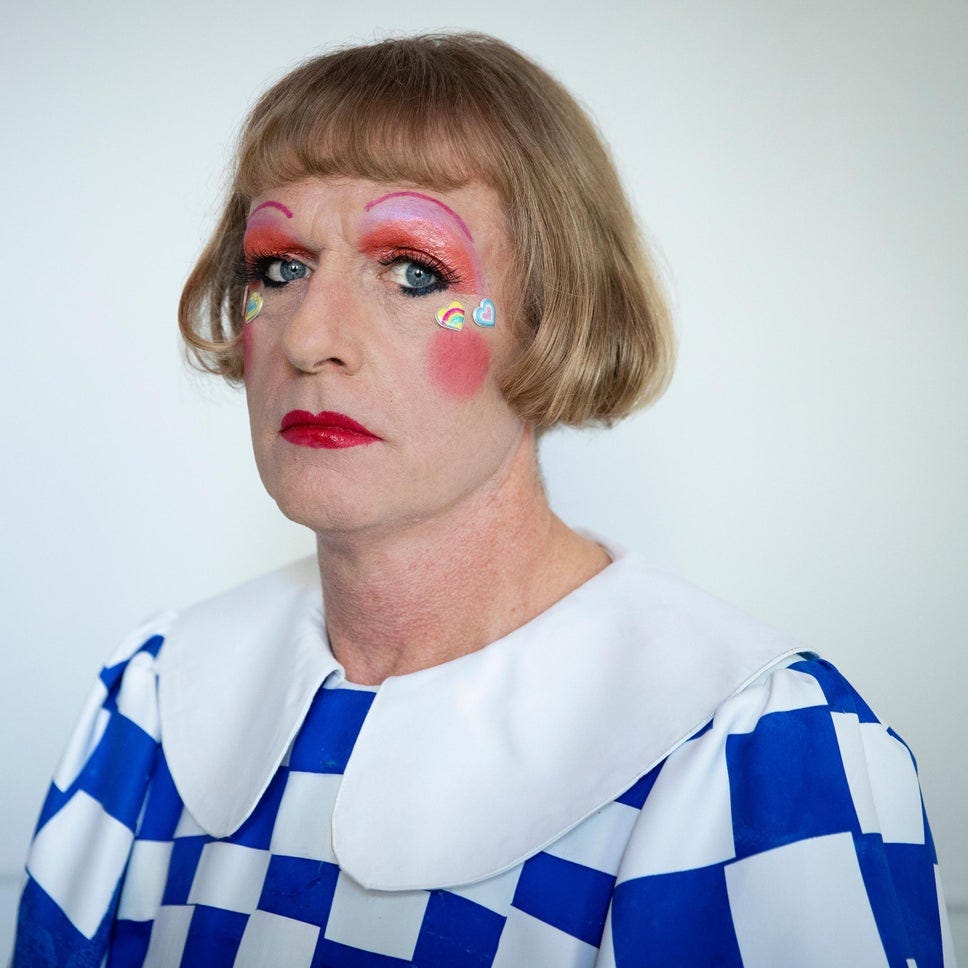The Truth is Out There
Meet John Harris, author of 'The Trial of Maximo Bonga', probably one of the craziest true stories I've read about expat life in Southeast Asia. I reached out to discover more
To say Phnom Penh has a lack of English-language bookshops is no understatement. The city's last secondhand bookstore, D's Books (which was only passable at best), recently closed its doors, and the venerable Monument Books - which in Cambodian years means a decade old - is down to its last store in the capital. Still, I make it a point to stop by when I'm in the area, and on one scorching hot day I found they were holding one of their rare sales in the courtyard. There, amongst the dust and fumes, I spent an hour browsing the rusting shelves when one book jumped out at me, firstly due to its bright blue and orange cover and tabloid style typeset, then by its title: 'The Trial of Maximo Bonga: The Story of the Strangest Guest House in South East Asia'.
Intrigued, I decided to buy the book, with its promise of being 'based on a true story'. In a happy ending, it turned out to be one of the most enjoyable reads I've had in ages which, although a little rough around the edges, perfectly captured the very weird and wonderful lives of expats who find themselves marooned in Southeast Asia. I decided to reach out to the author, John Harris, to find out more about his supposed ‘novel’.
Hi John, how are you? I understand you live somewhere in Southeast Asia? Where are you actually based currently?
I’m very well, thank you, if a bit hungover from too many mojitos last night. I live in Saigon with my Filipino wife and son. (Only tourists and the northern government call it Ho Chi Minh City; the airport code is SGN, the ‘Saigon River’ runs through it, and residents refer to themselves as Saigonese. I’ve never heard of a Ho Chi Minher.)
From your bio I see you've lived in a variety of places doing vastly different work (scuba diver in Thailand, private eye in China), where does the frequent wanderlust come from?
I’ve asked myself that many times and the only explanation I have come up with is that there’s a ‘Curiosity Gene’ found in some of us; it’s certainly not learned behavior. None of my family ever travelled very much; my brother and sisters are still living in London, my parents and extended family never explored. I can’t settle to this day, I love movement. I think that’s why I feel most comfortable beside rivers. I grew up in Woolwich beside the Thames and the Saigon river is very similar, in width, tidal, running through a big city etc. You can never step in the same river twice, right?
You mention being burned out after living in Hong Kong, how so? I actually grew up in HK, but when I went back there to work I found it way too much and left for Malaysia.
Hong Kong is a young man’s game. I had six of the best years of my life there, burning the candle at both ends, working 6 days a week and partying 7, but it’s small. I wanted movement again. Burn out can also mean static burn out, which is more draining than hitting the treadmill for me. Perhaps I could have explained that better in the book.
Onto your career as an author. Before 'Maximo Bonga' there was 'The Backpacker', which is based on your backpacking journeys throughout Asia. It details your ongoing 'hunt for excess at any cost'. What were you searching for? And why?
I’m searching for life and living because I don’t want to just exist and die. Variety is the spice of life is my mantra. I came to the conclusion a long time ago that consumerism, which we’re all conditioned into from a young age, numbs us. I want to feel alive (after all, who wants to feel dead?), and that can only come through experiences. It definitely doesn’t come from money. I believe that one life is just enough time to experience everything the world has to offer. Your question comes to us all sooner or later, I’m just glad it came to me while relatively young. I pity people who don’t ask themselves until they are 65 and ‘retired’. It must be pure torture to come up for air so late in life.
Next came 'Maximo Bonga' - my first question I guess is: how much of it is actually true? It does seem like it could be autobiographical, but could a place really be that crazy?
Yes, it was actually that crazy, and I’ve lived in other communities that were just as unique, but is it any more ‘crazy’ than most people’s lives in the so called ‘developed world’? There’s a long recorded history of expats living in the tropics, including Somerset Maugham and Paul Theroux, to name two favourites, who have lived off it. All the characters and places are true, I just changed their names at the publisher’s request. The events are broadly true (Bernhard’s girlfriend died under mysterious circumstances in his bar, he was held in the state capitol and we rallied round) but expanded and changed to add excitement; after all, it’s a story not a documentary.
There are so many interesting characters in the book, such as Ziegwalt, Bernard and Jim, who we now know are based on the actual people you met. What do you think leads such expats to seek out the kind of life you detail in the Refuge?
All real people; men and women at odds with the world. Like me they simply won’t toe the line and take the conventional interpretation of life’s boring path they are told to follow. Once your eyes are open how can you ever go back? How can they possibly return to the blinkered existence they came from? I think it’s fear that stops more people living this way; fear of not fitting in (aka being themselves and not a robot), fear of not being ‘normal’. I’ve tried many times to persuade young people in England to go their own way but when I open the door for them they get cold feet and don’t walk through it. So sad to see such young lives conditioned so early, getting up every day and going through a life they hate. Life’s only worth living if you live it, right?
While I've lived in Southeast Asia for almost 15 years now (Malaysia, Thailand and now Cambodia), I've not travelled much in the Philippines, what makes the country unique?
I can sum that up in two words, Maximo Bonga. The country is a cross between Basil Fawlty and Don Quixote; on the one hand manically trying to keep things on track, on the other a pathological dreamer. The Philippines doesn’t really fit into Asia, it’s a piece from a jigsaw that’s cut all wonky. When I first met ‘Maximo’ at his guesthouse, I immediately thought ‘Only in the Philippines’. He was 80 years old but seemed so alive, living right on the edge. I truly don’t believe you’d ever find another Maximo elsewhere in Asia, but the Philippines is full of them. It has other unique qualities too: Filipinos are fun loving like nowhere else in Asia - they can always find a reason to party; they are charitable outside of the family; they are happy people, very musical; they lack the discipline of other Asians; their food is awful - second only to English. The Philippines always feels right on the edge of oblivion. If you crave culture, go elsewhere, if you’re looking for the Wild West the Philippines is for you. Yee-ha!
I'm assuming you've probably read Alex Garland's 'The Beach' at some point, which some folks consider to be the ultimate Southeast Asian backpacking novel. However, I'd say there's a lot more reality in the story that you tell. What are your thoughts on his 1996 novel (which although set in Thailand, was written while he was in the Philippines)?
It’s a brilliant book, and I like his films, especially Ex Machina. The Beach captured the innocence of travel perfectly, self discovery through new places, travel as a vehicle for change within yourself; questioning your own motives by seeing how others behave. He’s since proved himself again and again with his film making. A unique thinker.
If ‘The Trial of Maximo Bonga’ was ever turned into a movie, who would you like to play yourself?
I’d have to say the British artist and author Grayson Perry. Not because he’s an actor but because he’s a man who frequently seems at odds with the world and he’d try to make sense of it all, which of course you can’t, and would cause great comic effect.
Although it is full of remarkable adventures, ultimately the book is a journey of self-discovery, is that what you found?
Yes. Everything about travel is exactly that. As long as you keep moving the self discovery will never end because a stimulated brain never stops being curious.









I'm surprised 'Saigon Beer' wasn't mentioned in the reference to Ho Chi Minh ! It's curious how some of us go in search of an unconventional lifestyle though I appreciate it's not everyone's cup of cha, I agree with him though on most of those points.
Oh no! 66.5 years old, about to retire & full of angst.